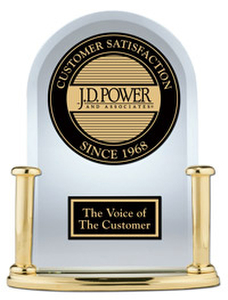A great post today on tech site Lifehacker from author Jacob Tomsky. Jacob Tomsky recently wrote the book ‘Heads in Beds: A Reckless Memoir of Hotels, Hustles, and So-Called Hospitality. In his clever blog post on LifeHacker, he mentions a few tips for guests such as things a guest should never say, never do, and things that every guest must know. A few highlights:
Never say: “My credit card declined? That’s impossible. Run it again.”
Man, don’t make me run it again. If your CC declines once, it will, without question, decline again. Your card is not a crumpled old dollar, and the banking system is not a stubborn vending machine. That’s not how the banking system works. You need to call your bank. And, no, you can’t use my phone.Never do: Do not continue your phone conversation during the entire check-in.
Can you imagine how it feels, as a human, to be part of someone else’s effort to multitask? While you say to the phone, “Uh-huh. Yeah. Yeah, well, I told her they wouldn’t go for it. I know these people,” I get the lift of an eyebrow, side glances, brief and uninterested head nods thrown in my direction indicating your main focus remains on your call, perhaps a moment where you hold the phone slightly away from your ear to benevolently allow me 5 percent of your attention. That call will end in five minutes. But because you treated me like an automatic check-in machine, this room I’m giving you will plague your whole stay.Things every guest must know: Basically, never pay for the minibar, in room movies, or for cancelling a room past the cut off.
Overall, pretty clever and right on the mark. We’ve canceled many rooms using his method and hate hearing guests’ tragic airline stories as well. Snarky, sure… but funny.
Link: Article on LifeHacker
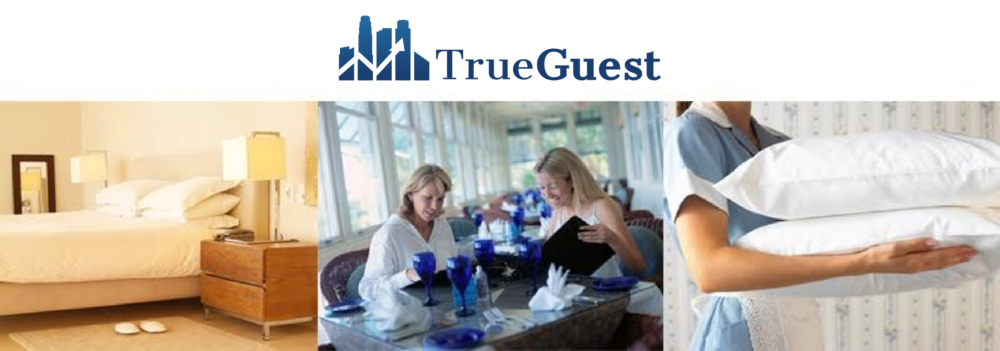
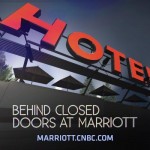 Set your DVRs, CNBC has recently started airing their new special on Marriott.
Set your DVRs, CNBC has recently started airing their new special on Marriott.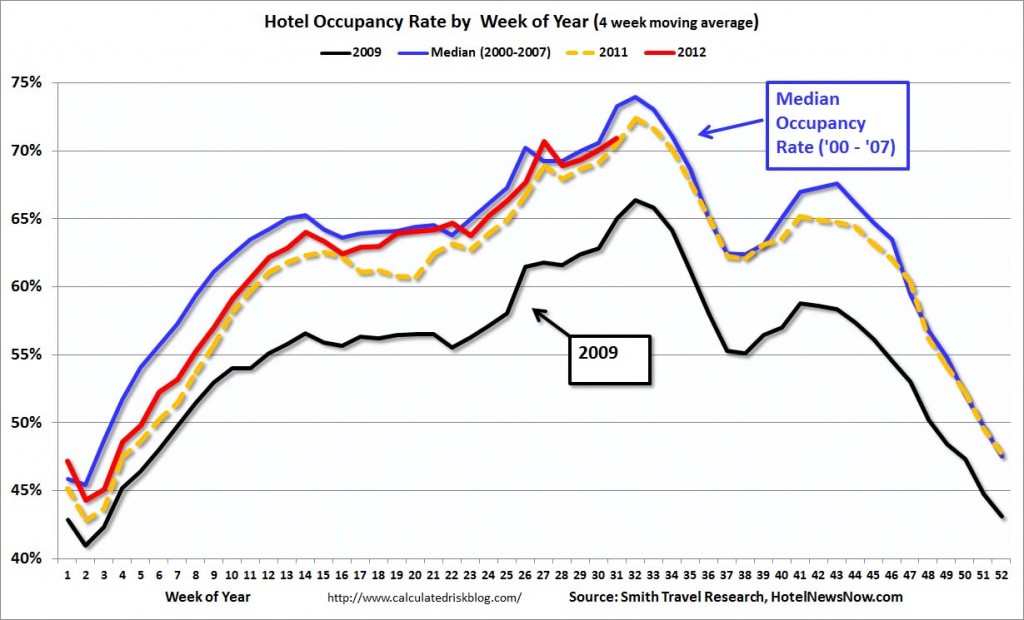
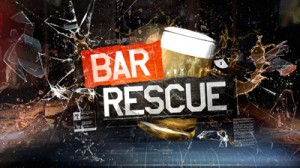 If you run a bar, or just love bars, be sure to check out season two of Bar Rescue tonight on Spike TV. Here is a preview of the season:
If you run a bar, or just love bars, be sure to check out season two of Bar Rescue tonight on Spike TV. Here is a preview of the season: